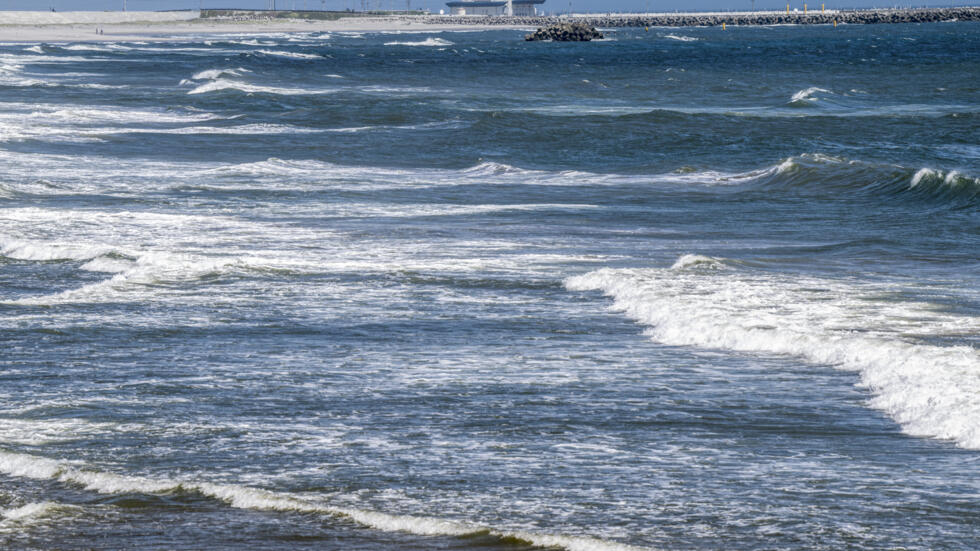Engineers at the troubled Fukushima nuclear power plant in Japan began the release of treated accumulated radioactive water into the Pacific on Thursday (08/24/2023) in a safe operation, according to Japan, which sparked outrage in China.
The discharge of over 500 Olympic-sized swimming pools worth of water into the Pacific is a crucial step to ensure the safety of the still-dangerous plant, twelve years after one of the worst nuclear accidents in history.
The Japanese government announced the start of the release this week for Thursday, if meteorological and maritime conditions permitted. In a statement, the plant operator, TEPCO, announced that the water transfer pumps would be switched on at 13:00 (04:00 GMT) as planned.
UN nuclear agency employees, who gave their approval to the plan, will oversee the process. TEPCO operators will take water and fish samples at the discharge site.
Three of the reactors at the Fukushima-Daiichi plant in northeastern Japan melted down after a strong earthquake and tsunami that killed 18,000 people in 2011.
Since then, TEPCO has collected more than 1.3 million cubic meters of contaminated water, stored in 1,000 steel containers, from coolants, groundwater, and rainfall.
According to the company, their storage capacity is reaching its limit, and they need to make space to remove nuclear fuel and debris from the destroyed reactors.
TEPCO assures that this liquid has undergone treatment to remove all radioisotopes except for tritium, which is at harmless levels and lower than what operational nuclear plants, including those in China, release.
Most experts and the International Atomic Energy Agency (IAEA) of the UN support this argument.
“When released into the Pacific, tritium will be diluted in a vast body of water and will quickly reach a level of radioactivity that does not differ from normal seawater,” said Tom Scott from the University of Bristol in England. “Therefore, it poses a very small risk, and the risk decreases over time” as “the level of tritium continuously decreases,” he added.
But not everyone agrees. The environmental group Greenpeace stated that the water treatment process is flawed, and China and Russia suggest that the water could evaporate and enter the atmosphere.
China accused Japan of treating the Pacific like a “sewer” and, prior to the start of the release, banned food imports from 10 out of Japan’s 47 prefectures and imposed radiation checks on the rest. Hong Kong and Macau, both semi-autonomous Chinese territories, did the same this week.
TYT Newsroom



